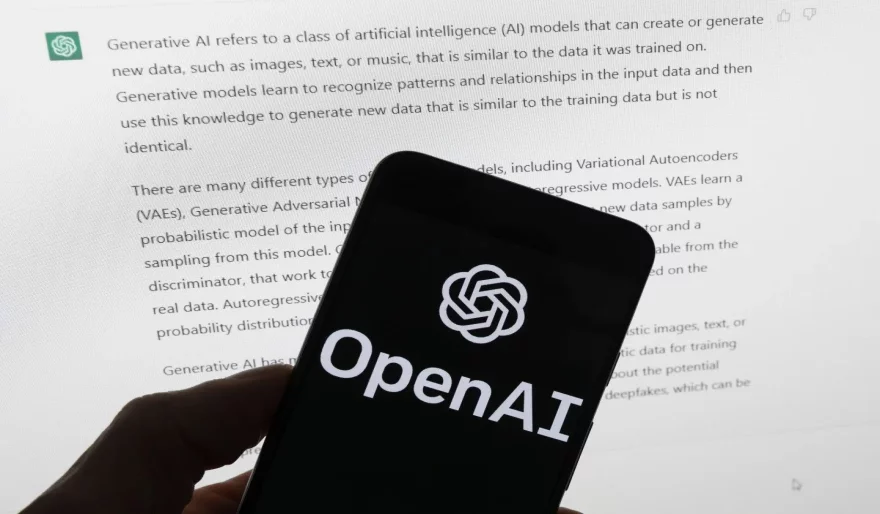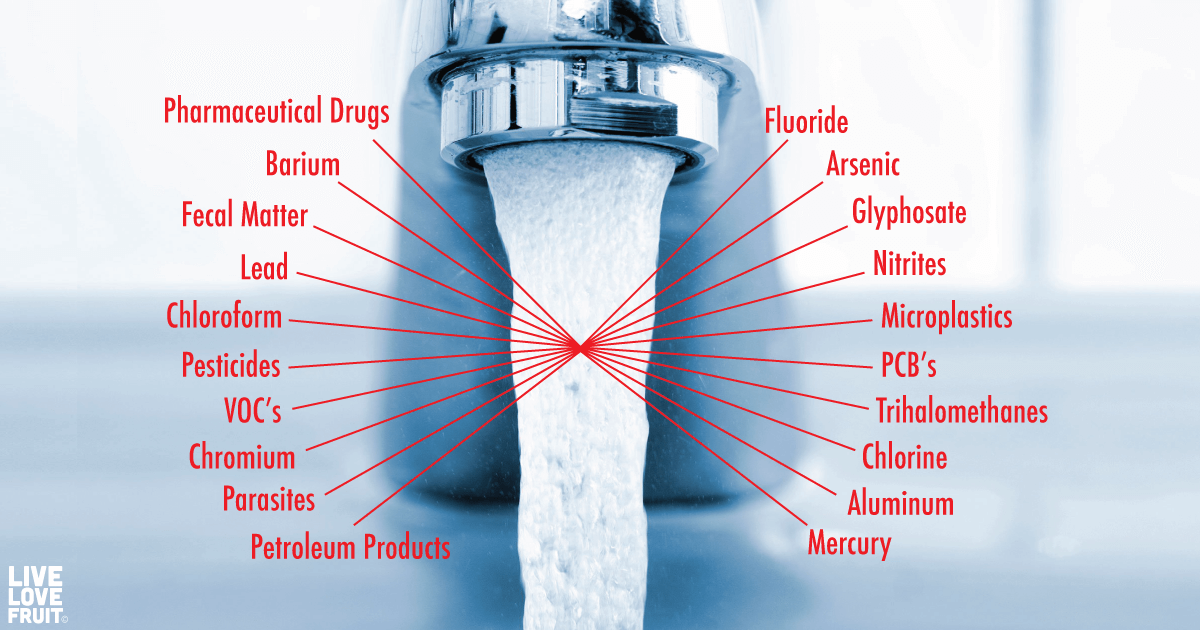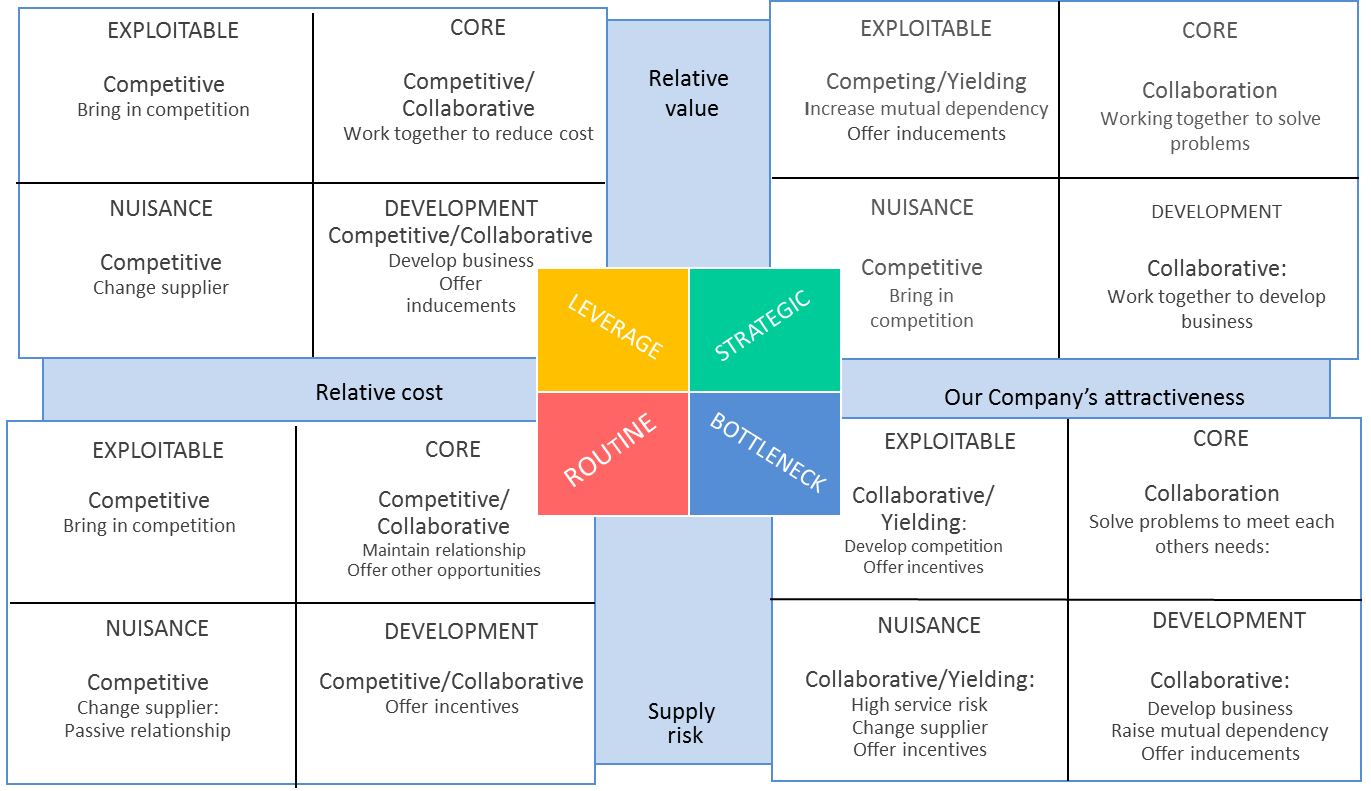OpenAI And ChatGPT: An FTC Probe

Table of Contents
The FTC's Concerns: Data Privacy and Misinformation
The FTC's investigation into OpenAI centers on several key concerns, primarily revolving around data privacy and the potential for misinformation spread through ChatGPT.
Data Privacy Violations
ChatGPT's training relies on vast datasets, raising concerns about potential breaches of consumer privacy. The sheer volume of data used and the methods employed to acquire and process it necessitate rigorous scrutiny.
- Unauthorized data collection: Concerns exist about whether all data used in ChatGPT's training was collected legally and ethically, and whether users were adequately informed about how their data would be used.
- Inadequate data security: Safeguarding the massive datasets used to train such complex models presents significant challenges. Breaches could expose sensitive personal information.
The legal landscape surrounding data privacy is constantly evolving, with regulations like the General Data Protection Regulation (GDPR) in Europe and the California Consumer Privacy Act (CCPA) in the US aiming to protect individuals' rights. The FTC's investigation will likely assess OpenAI's compliance with these and other relevant laws.
The Spread of Misinformation
ChatGPT's ability to generate human-quality text also presents a significant risk: the potential for generating and spreading misinformation. Its sophisticated language model can be easily misused to create convincing but false content.
- Creating and disseminating fake news: ChatGPT could be used to generate articles, social media posts, and other content designed to mislead the public.
- Generating convincing phishing emails: The technology could be weaponized for malicious purposes, creating highly convincing phishing attempts.
Detecting AI-generated misinformation is challenging, demanding constant adaptation and innovation in fact-checking and verification methods. The potential damage to public trust and the wider societal consequences are significant factors driving the FTC's inquiry.
OpenAI's Response and Future Implications
OpenAI's response to the FTC investigation will be pivotal in shaping the future of AI regulation.
OpenAI's Stance on the Investigation
OpenAI has acknowledged the FTC's investigation and publicly stated its commitment to addressing concerns regarding data privacy and safety. Details regarding specific actions and mitigation strategies are expected to unfold as the investigation progresses.
- Improved data security measures: OpenAI might enhance its data encryption and access control systems to minimize the risk of breaches.
- Enhanced user transparency: OpenAI might implement clearer policies and disclosures about data collection and usage practices.
The Future of AI Regulation
The FTC's probe could significantly influence the future of AI regulation, prompting increased scrutiny of AI companies and potentially leading to:
- New laws and regulations specific to generative AI: This could establish stricter standards for data privacy, algorithmic transparency, and safety protocols.
- Increased regulatory oversight: Expect more stringent monitoring and enforcement of existing data privacy laws in the context of AI development.
- Industry self-regulation: AI companies might proactively develop and implement ethical guidelines and best practices to address concerns preemptively.
The balance between fostering innovation and implementing necessary regulations remains a key debate.
The Broader Context: AI Ethics and Responsible Development
The FTC investigation highlights the critical need for ethical considerations in AI development, extending beyond mere compliance with legal requirements.
Ethical Considerations in AI Development
The rapid advancement of AI raises significant ethical challenges:
- Bias in algorithms: AI models can reflect and amplify existing biases present in their training data, leading to unfair or discriminatory outcomes.
- Job displacement: Automation powered by AI could lead to significant job losses in various sectors.
- Responsible AI development: The development of AI should prioritize human well-being, fairness, and transparency.
The Role of Transparency and Accountability
Transparency and accountability are paramount for building trust and ensuring responsible AI development. Mechanisms for ensuring this include:
- Independent audits of AI systems to verify compliance with ethical guidelines and regulatory requirements.
- Public access to data used to train AI models, where appropriate and with privacy safeguards in place.
- Clear and accessible explanations of how AI systems make decisions.
Conclusion: Navigating the Future of AI with OpenAI and ChatGPT
The FTC's investigation into OpenAI and ChatGPT underscores the critical need for responsible AI development, robust data privacy protections, and effective strategies to combat misinformation. The outcome of this investigation will significantly shape the future of AI regulation and influence how companies like OpenAI navigate the ethical complexities of this powerful technology. Staying informed about the FTC's investigation and engaging in discussions about the ethical implications of AI are crucial steps toward ensuring a future where AI benefits humanity while minimizing potential harms. For more information, visit the and . Let's work together to ensure responsible innovation regarding OpenAI, ChatGPT, and the broader AI landscape.

Featured Posts
-
 Forever Chemicals In Us Tap Water A Public Health Crisis Affecting Millions
May 15, 2025
Forever Chemicals In Us Tap Water A Public Health Crisis Affecting Millions
May 15, 2025 -
 Predicting The Top Baby Names For 2024 Familiar Or New
May 15, 2025
Predicting The Top Baby Names For 2024 Familiar Or New
May 15, 2025 -
 Ndukwes Record Breaking Performance Secures Pbc Tournament Mvp Award
May 15, 2025
Ndukwes Record Breaking Performance Secures Pbc Tournament Mvp Award
May 15, 2025 -
 La Liga Hyper Motion Almeria Y Eldense Partido En Directo
May 15, 2025
La Liga Hyper Motion Almeria Y Eldense Partido En Directo
May 15, 2025 -
 Deciphering Jeremy Arndts Negotiating Strategy In Bvg
May 15, 2025
Deciphering Jeremy Arndts Negotiating Strategy In Bvg
May 15, 2025
